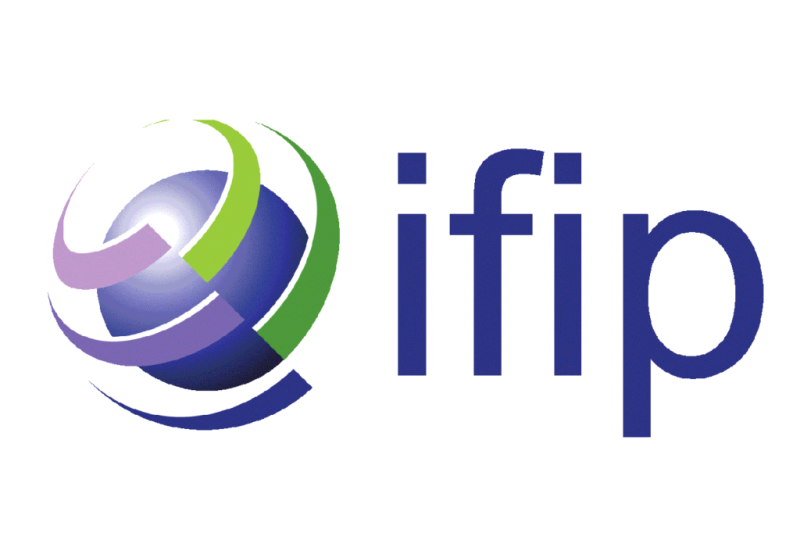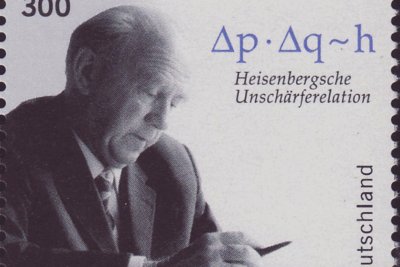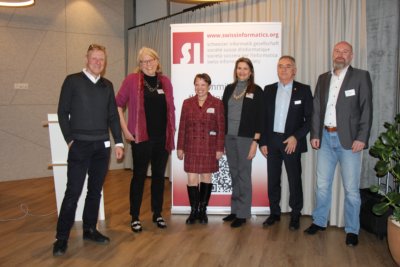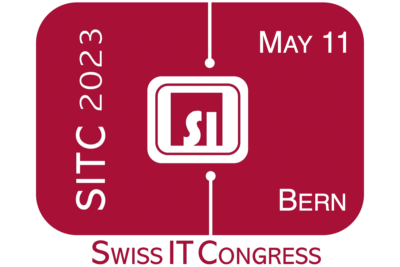The International Federation for Information Processing (IFIP) is a non-governmental, non-profit organisation for national societies working in the field of information processing. It was established in 1960 under the auspices of UNESCO after the first World Computer Congress held in Paris in 1959.
Today IFIP has 40 national organisations as Full Members, 3 Corresponding Members and 9 Affiliate Members, representing countries from all regions of the world and international organisations. IFIP maintains friendly connections to specialised agencies of the UN system and nongovernmental organisations (UNESCO, ICSU, IFAC, IMACS, IFORS, IMEKO). IFIP’s mission is to be the leading, truly international, apolitical organisation which encourages and assists in the development, exploitation and application of Information Technology for the benefit of all people.
Technical work, which is the heart of IFIP’s activity, is managed by a series of Technical Committees and their Working Groups. Each of these committees has two major types of activities: Events and Publications
Very active in IFIP since its creation in 1960 and although not part of the European Community, Switzerland has not only been a founder of IFIP but has continued to contribute towards its objectives and activities without interruption through the personal involvement of its representatives.The Swiss Member of IFIP is today the SI. The Swiss representatives are grouped in SIC (Swiss IFIP Ctee) and are very active in many Technical Ctees and Working groups. Those with official positions are listed here under:
Main functions of an IFIP TC representative:
– provide information to the Technical Committee about latest developments and concerns in Switzerland in order to ensure an international focus for the TC activities.
– provide information to the interested parties in Switzerland about the TC activities,
– attend meetings of the TC,
– annual report and attendance to the SIC annual meeting,
– offer to host TC meetings and events in Switzerland when feasible, etc…
– develop funding sources to help support Switzerland’s IFIP participation. e.g. travel for the working group members; subsidies to delegates to TC international events and for Working Group meetings or Conferences in Switzerland.
General Assembly Member: Prof. Raymond Morel
TC 1 (Foundations of Computer Science): open position after Prof. Gehard Jaeger ended period.
TC 2 (Software: Theory and Practice): open after Prof. Pascal Felber resignation.
TC 3 (Education): Prof. Raymond Morel, Geneva (TC 3 Special consultant)
TC 5 (Information Technology Applications) : Dr. Philippe Dallemagne (TC 5 Secretary)
TC 6 (Communication Systems): Dr. Harry Rudin,(TC 6 Special consultant) and Dr Stéphane Koch.
TC 8 (Information Systems): Prof. Robert Winter,Uni. St.Gall.
TC 9 (ICT and Society): open
TC 10 (Computer systems Technology): open
TC 11 (Security and Privacy Protection in IP Systems): Prof. Carlos Rieder, Lucern
TC 13 (Human-Computer Interaction): Prof. Denis Lalanne, Uni Fribourg
TC 14 (Entertainment Computing): Prof. Jean-Henry Morin, Uni Genève
The election of TC representatives has been delegated to the SI board
There are currently four open positions described here after.
– TC 1 (Foundations of Computer Science)
TC 1 aims are: – to support the development of theoretical computer science as a fundamental science, – to support the development and exploration of fundamental concepts, models, theories, systems, and other basic tools and the understanding of laws, limits, and possibilities of information processing as well as to develop bridges with other sciences and their applications.
Its scope includes: – frontiers, laws, and limits of information processing, – fundamental formal systems, – efficiency and complexity of information processing, – formal systems to specify, design, verify, analyse, and manipulate ip systems, – theoretical foundations of computer science and its main application areas, – scientific paradigms of informatics and their relations to other disciplines, models and theories to support the development of other sciences.
TC 1 has 9 Working Groupe. For details >here
– TC 2 (Software: Theory and Practice)
The scope of the committee encompasses all aspects of the software development process including the specification, design, implementation and validation of software systems.
Areas of activity: – formal models of software concepts, – programming languages and techniques , – models for information storage and processing, – program support environments, – user interfaces to software systems, – software quality.
TC2 has currently 15 Working Groups. For their names, aims and scope, see details >here
– TC 9 ( ICT and Society)
TC9 aims: – to develop understanding of how ICT innovation is associated with change in society,- to influence the shaping of socially responsible and ethical policies, and professional practices.
Scopes: to foster multidisciplinary discourse into: – the role of ICT in the change of particular domains of human activity, including work; the home and private life; governance, – ethical, political, economic and cultural dimensions of ICT innovation, – Issues stemming from ICT innovation, such as gender, the phenomenon of virtuality, sustainable development.
TC 9 has 10 Working Groups and 1 Special Interest Group. For details see >here.
TC 10 (Computer systems Technology)
AIMS of the TC 10: – promotion of the State-of-the-Art,- coordination of information exchange on concepts, methodologies, and tools in the stages of the life cycle of computer systems.
SCOPE: – system and component concepts, architecture and organisation,
– specification, design and verification methodologies of computer systems, – logical design and fabrication of components and systems, – evaluation of the parameters of computer systems and components, – reliability, – assessment of emerging technologies, – application specific computer systems and components including peripherals.
TC 10 has four Working Groups:
– WG 10.2 Embedded Systems,
– WG 10.3 Concurrent Systems,
– WG 10.4 Dependable Computing and Fault Tolerance,
– WG 10.5 Design and Engineering of Electronic Systems.
Details see >here
Are you personally interested to take over such an international task in one of the four above TC activities? Or do you know somebody suitable and ready for such a task? Please send applications for nominations by e-mail (or mail) with a short cv, interests in the field, and other pertinent information to SI c/o: P-A.Bobillier (pa.bobillier@gmail.com), 128 route de Soral, 1233 Bernex. They will be submitted to the SI Board for decision. Deadline for applications: April 15, 2019.Con
Contact:
Prof. P-A Bobillier
[contact-form-7 id=”11661″ title=”Contact SI IFIP”]










